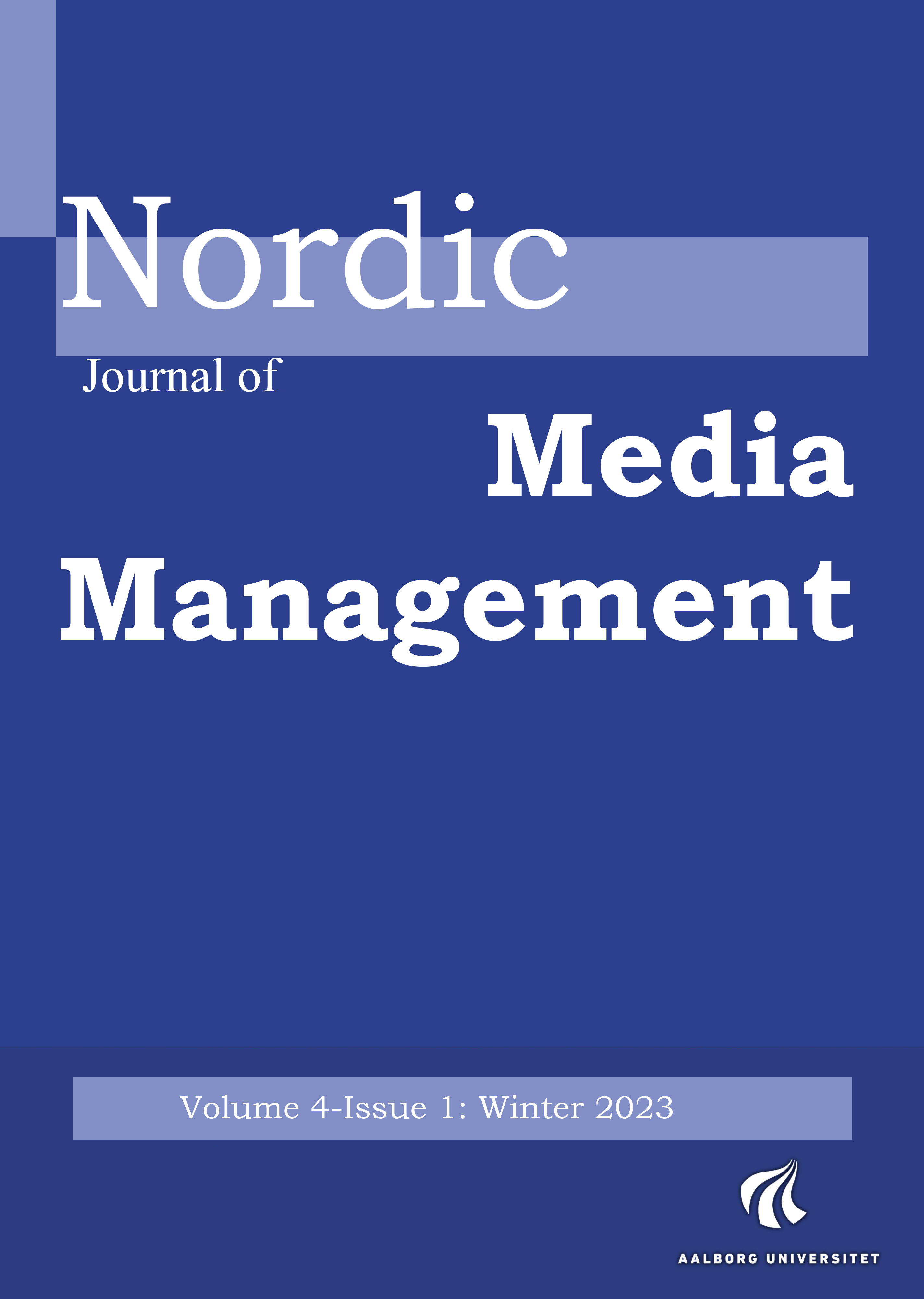Digitalization effects on women entrepreneurship and Sustaiability: A Systematic Literature Review
Published 28-09-2024
Keywords
- Digitalization, Women’s Entrepreneurship, Social media, Digital Technologies, Sustainability, Social Sustainability, Female-led Business, Female’s Entrepreneurship, Environmental Sustainability, Economic Sustainability,
How to Cite
Copyright (c) 2024 Sonia Seyed Taheri

This work is licensed under a Creative Commons Attribution 4.0 International License.
Abstract
Despite societal impediments that frame entrepreneurship as predominantly male, the digital revolution is enabling women to surmount these obstacles and engage more comprehensively. Social media, the Internet of Things, and various digital tools furnish women entrepreneurs with essential resources to broaden their networks, acquire knowledge, and optimize operations. These technological advancements foster a more dynamic entrepreneurial ecosystem, with women's distinct perspectives fueling innovation. Additionally, women entrepreneurs are at the forefront of sustainability efforts. Guided by an "ethic of care," they emphasize environmental stewardship, leading to the adoption of eco-friendly practices and green innovations. Their attention to social issues promotes community development and gender equality. Economically, women entrepreneurs stimulate growth, create jobs, and alleviate poverty, thereby fortifying the economic framework. Digitalization presents a dual challenge for sustainability. While these tools offer significant potential, their responsible use is vital to mitigate environmental impacts such as e-waste. In summary, this paper underscores the beneficial impact of digital technology on women's entrepreneurship and its capacity to foster a more sustainable future.
This study used a rigorous methodology that integrates a systematic literature review and bibliometric analysis to examine the impact of sanctions on firm performance. The initial steps involved comprehensive keyword identification and database selection, focusing on the Scopus database for its broad coverage of indexed journals. Using a targeted search strategy combining specific keywords and inclusion criteria, 97 relevant articles were initially identified. Each selected article was thoroughly reviewed for relevance, and as a result, 32 articles met the inclusion criteria. Data extracted from these articles included authors' details, publication profiles, citation criteria, and key findings, which were combined to provide insight into the intersection of digitization and women's entrepreneurship in the context of sustainability. This article aims to explore the interplay between women’s entrepreneurship and sustainability pillars, further examining how the deployment of digital technologies influences this relationship.

